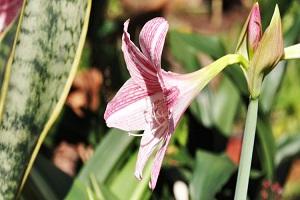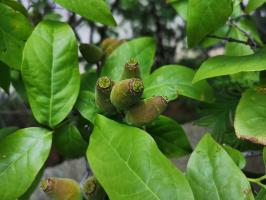Is Tap Water Bad for Watering Plants?
As gardeners, we know that water is essential to plant growth and survival. However, when it comes to watering our plants, the quality of the water we use can make a big difference. One question that has been raised frequently is whether tap water is bad for watering plants. In this article, we will explore the pros and cons of using tap water for watering plants.
The Pros of Using Tap Water for Watering Plants
Tap water is easily accessible, and many gardeners use it without giving it a second thought. One of the main benefits of tap water is that it is often treated with chemicals such as chlorine, which help to kill any harmful bacteria and make it safe for human consumption. This means that tap water is generally free of harmful microorganisms that could damage or kill plants.
In addition, tap water is usually a reliable source of hydration for plants. Most municipal water supplies are monitored to ensure that the pH levels and chemical compositions are within the proper range, which helps to maintain healthy plant growth. It is also a cheap and convenient option for watering plants, as it is readily available from the tap.
The Cons of Using Tap Water for Watering Plants
While the benefits of using tap water for watering plants are numerous, there are some potential drawbacks to be aware of. One of the main concerns is the presence of minerals and other contaminants in the water that can harm plants over time.
For example, tap water may contain high levels of chlorine or fluoride, which can accumulate in the soil and cause plants to become stressed or even die. Additionally, tap water may contain high levels of minerals such as calcium or magnesium, which can cause salt buildup in the soil and lead to root damage.
How to Limit the Negative Effects of Tap Water on Plants
If you are concerned about the quality of your tap water and how it may be affecting your plants, there are several steps you can take to minimize the negative effects.
One option is to use a water filter to remove impurities such as chlorine or heavy metals from your tap water. This can be especially beneficial for sensitive plants that may be more susceptible to damage from these contaminants.
You can also consider using rainwater or distilled water for watering your plants. Rainwater is generally free of contaminants and minerals and can be collected using a rain barrel. Distilled water is also free of impurities and can be purchased at most grocery stores.
Conclusion
Ultimately, whether you should use tap water for watering your plants depends on several factors, including the quality of your tap water, the types of plants you are growing, and your personal preferences. By understanding the pros and cons of tap water and taking steps to minimize the negative effects, you can help ensure that your plants receive the hydration they need to thrive.

 how many times do yo...
how many times do yo... how many planted tre...
how many planted tre... how many pine trees ...
how many pine trees ... how many pecan trees...
how many pecan trees... how many plants comp...
how many plants comp... how many plants can ...
how many plants can ... how many plants and ...
how many plants and ... how many pepper plan...
how many pepper plan...































